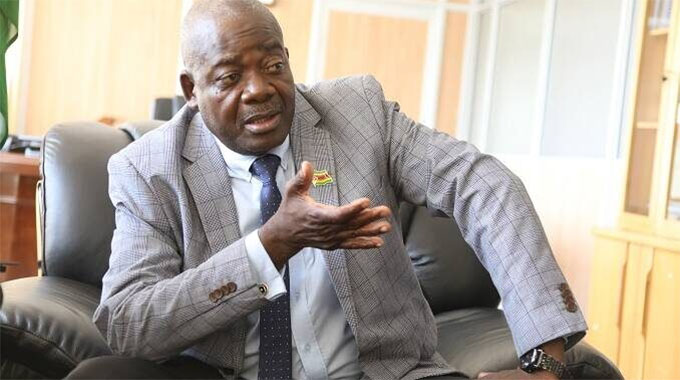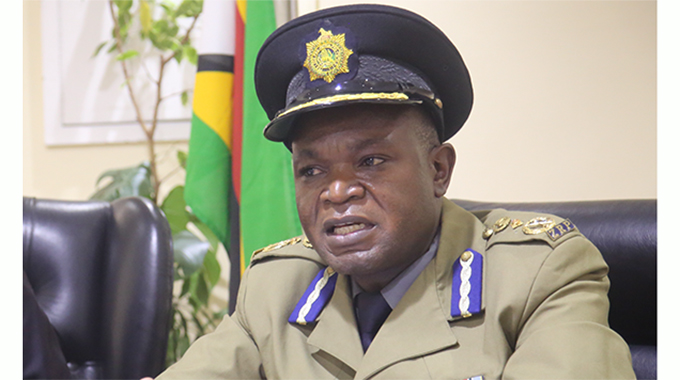New magistrates to ease backlog

Yeukai Karengezeka Court Correspondent
The 23 new magistrates sworn-in last Friday, will help reduce the backlog of cases as the country seeks to dispense justice speedily, Chief Magistrate Mrs Faith Mushure said after swearing in the latest recruits.
The new contingent of magistrates comprise 15 males and eight women.
There are now 250 magistrates in Zimbabwe, with 146 being females and 104 males. They handle the vast majority of criminal cases and the lower levels of the civil law.
Said the Chief Magistrate: “At this ceremony, we have just witnessed for the first time in history the swearing in of more male magistrates than females, with 15 of them being male and eight female magistrates.”
In recent years, more female magistrates were sworn in compared to males.
The Chief Magistrate said the coming in of new magistrates will go a long way in helping to clear backlogs.
“Chief Justice Malaba, at the beginning of the year, congratulated us for reducing backlogs, but now the thrust that we are taking as an organisation is that we want to introduce staff wholeness.
“We have stations where magistrates are working long hours so the swearing in of these magistrates is meant to alleviate that and it enables them to research and give you quality judgments,” she said. From the 23 magistrates sworn in last Friday, 10 will be dispatched within Harare Province, which has the highest number of outstanding cases.
Other magistrates will go to new areas like Shamva and Nembudziya where new courts will be opened, so that cases are dealt with expeditiously.
The Chief Magistrate said the Judicial Service Commission had started preparing for the use of the fourth phase of the integrated case management system (ICMS) to be launched before the end of year in the magistrates courts.
“We launched the first, second and third phases of the integrated management system and by year end, we should be able to introduce the fourth phase of the ICMS at magistrates’ courts.
“We want to make sure that our clients are compatible with the system. That is why we now require email addresses of accused persons and those without can be assisted so that our litigants will not be caught unaware when we finally launch the system,” she said.
Commenting on allegations of corruption among judicial officers, the Chief Magistrate vowed to leave no stone unturned in eradicating the practice.
“If there are allegations of corruption, they will be thoroughly investigated. We have also taken it upon ourselves to ensure that there are better service conditions for our magistrates.
“Last year, all our senior magistrates were given vehicles and we have eased pressure on them,” she said.









Comments